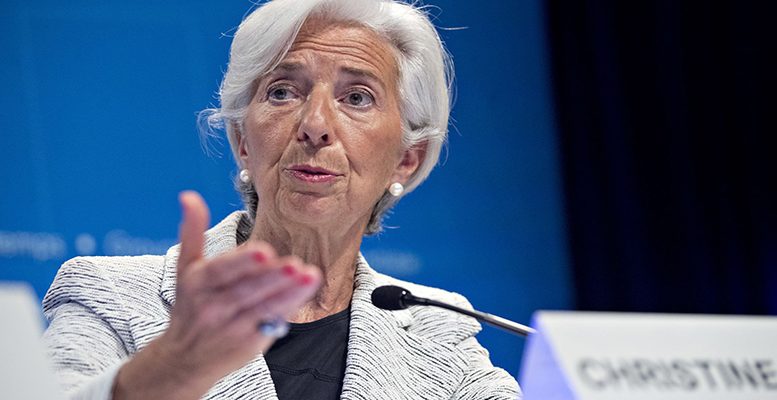J.P. Marín Arrese | The Eurogroup painfully struck a middle of the road deal in its second meeting, once Italy and Holland agreed to compromise. At face value, the funding facilities amounting to half a trillion euros look rather impressive. Yet, a closer glance at them shows they lack the necessary ambition.
Addressing liquidity shortages stands as the most pressing need for enterprises, since investment doesn’t look likely to pick up in many months to come. Thus, ensuring substantial flows of banking credit seems critical in order to cope with that problem. The ECB is currently pumping vast liquidity into the financial system. Yet, firms lacking a rating grade face considerable difficulty in borrowing money, because of all the guarantee schemes put in place by national governments. The EIB financing facility for enterprises is much welcome, but this 200-billion package to preserve the activity and anchor recovery appears markedly modest. If that goal is to be achieved, a much bolder approach and more substantial funding are needed. The Federal Reserve direct lending for middle-sized firms reaches fourfold the amount earmarked by the Eurogroup.
While the Commission’s 100-billion fund to support unemployment indemnities also seems a well-targeted initiative, its funding seems insufficient to meet the massive waves of lay-offs as the crisis unfolds. In turn, the 240-billion rescue fund facility will bring little respite, even if it imposes no practical conditions on beneficiaries. Seeking this backing will inevitably reveal lack of muscle to borrow funds in capital markets. Such a stark recognition of solvency under performance will induce increasing doubts on how existing liabilities will be paid back. Rather than preventing a debt crisis, it may well fuel one.
The towering increase in public debt will make public finances particularly vulnerable. Only central banks can shore up such huge imbalances by undertaking extensive debt-buying interventions. Ultimately, triggering direct coverage of Treasury needs may result imperative. The Bank of England has implemented this measure to avoid contagion from increased sovereign risk-premia to unduly high-interest rates across the board, which would undermine the recovery. Sooner, rather than later, the ECB should follow suit.





